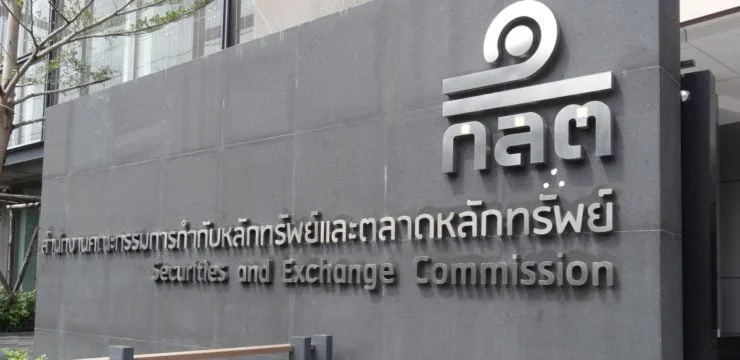According to the SEC, the new guidelines will improve investor protection and the trustworthiness of crypto service providers by guaranteeing that records of investors’ holdings are accurate and up to date.

Thailand’s Securities and Exchange Commission (SEC) continues to introduce new restrictions for the cryptocurrency business, citing worries about investor protection.
The Thai Securities and Exchange Commission (SEC) recommended a set of new regulations on Wednesday regarding the custody of investors’ bitcoin holdings by digital asset industry operators.
The new proposed laws cover fiat money custody for digital asset accounts, as well as bitcoin lending and generating interest on cryptocurrency holdings.
The SEC wants to make it illegal for crypto firms to use investor funds for the “benefit of another client or other persons,” or to profit from both fiat and digital assets, including digital loans to third parties.
The proposal states that “seeking benefits from clients’ fiat money shall be forbidden except in the form of deposit with commercial banks.”
The new laws also propose a new structure for withdrawing and transferring fiat money from digital asset accounts, requiring adherence to “decentralized approval authority, multi-sign approval authority, and check and balance” principles.
The guidelines, according to the SEC, will improve investor protection and the trustworthiness of crypto service providers by guaranteeing that records of investors’ holdings are accurate and up to date.
The Securities and Exchange Commission (SEC) is now soliciting public opinions on its proposed regulations through September 22.
The Thai Securities and Exchange Commission (SEC) has been actively adopting new crypto sector laws this year, despite the country’s rising cryptocurrency use.
The authority recommended in March to set a minimum annual income criterion of $32,000 for investing in cryptocurrencies such as Bitcoin (BTC).
In June, the regulator prohibited crypto exchanges from dealing with certain token types, including non-fungible tokens.
